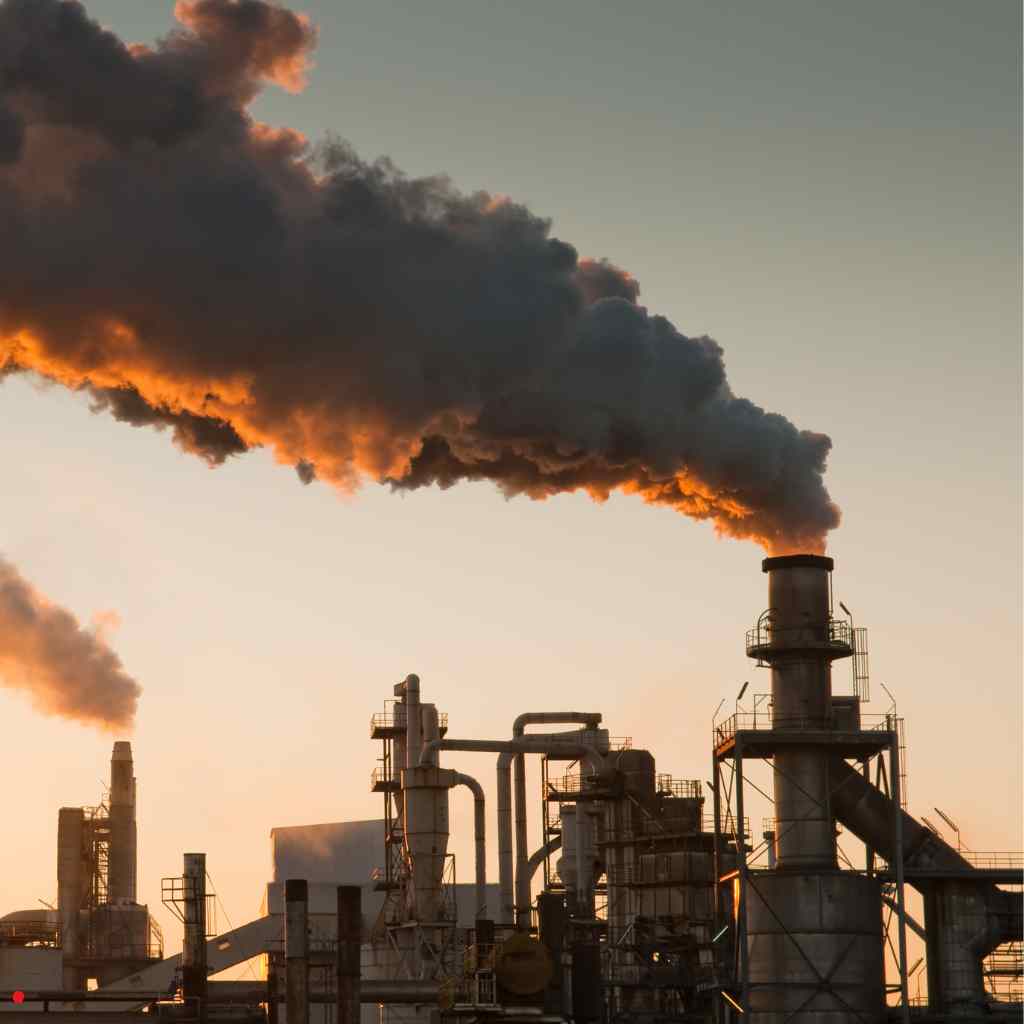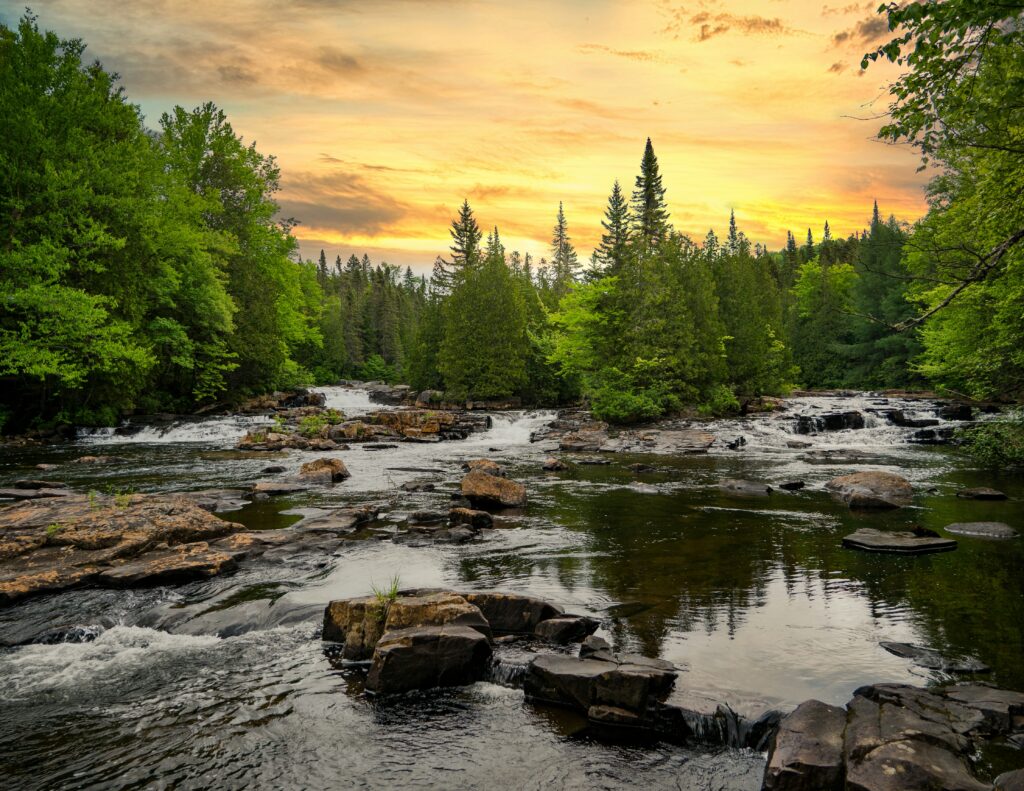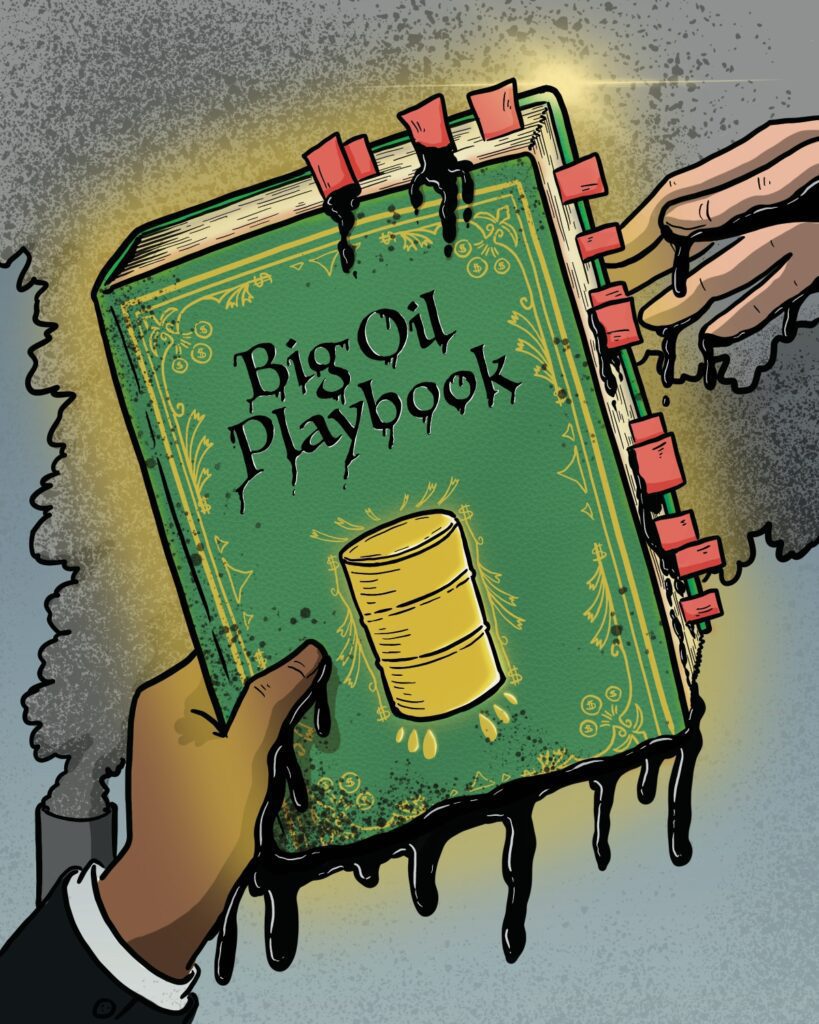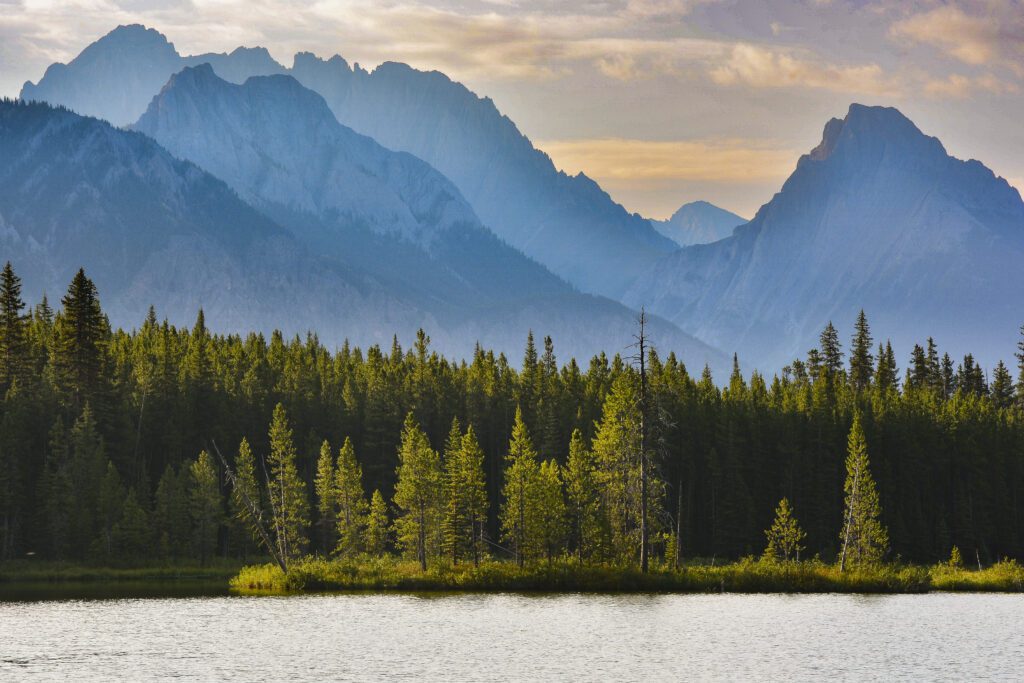We all want healthy, thriving communities for our loved ones. But for too long oil and gas companies have polluted our air and water for profit. Canada needs solutions that hold big polluters accountable and keep communities safe from climate disasters. Luckily, governments have many options that they can use to make polluters pay their fair share.
The next federal government must make polluters pay for the harm they’ve done to people and the planet. Let’s look at how it can be done.
1. End Fossil Fuel Subsidies
In 2024, the Government of Canada provided nearly $30 billion to the fossil fuel and petrochemical industries. Over the last five years, the estimated total amount of financial support to the oil and gas sector from the federal government was $74.6 billion. That’s a massive amount of taxpayer money that went towards making it cheaper to find, extract, process, transport, and export fossil fuels. We can’t solve the climate crisis while continuing to funnel taxpayer dollars to the companies fueling the crisis. The Government of Canada must stop funding fossil fuels – without any loopholes.
2. Strengthen Industrial Carbon Pricing
Canada’s industrial carbon pricing rules mean that big polluters pay for their pollution. The rules work: for more than 15 years, provincial and federal industrial carbon pricing systems in Canada have been reducing emissions from heavy industry. In fact, industrial carbon pricing has been the most impactful piece of climate legislation in Canada to date. Research shows that by 2030 it will be responsible for 20-48 per cent of reductions to climate pollution in Canada.
Yet the rules are overly generous for big polluters. Oil and gas producers pay among the lowest average carbon costs of any industry. Oil and gas companies – as well as other big polluters – should be forced to pay the full cost – without any loopholes.
This price on pollution from industrial emitters doesn’t affect the cost of living for individuals or households. It also helps keep Canadian industry internationally competitive. Because this system is aligned with similar rules in other regions, including our trade partners the European Union and the UK, it means that Canadian companies are protected from tariffs on carbon pollution that would otherwise apply to them from those international markets.
3. Make Polluters Pay for Climate Damages
Climate pollution has massive costs, including health costs, property damage from extreme weather events, and decreased agricultural productivity due to changing weather patterns. The Government of Canada has developed a tool to calculate these costs: the social cost of carbon. This tool puts a price tag on each ton of pollution. In 2024, the social cost of a ton of carbon was estimated to be $266. The oil and gas industry emits roughly 200 million tonnes of carbon dioxide each year (this does not include downstream emissions from burning the oil and gas, just the emissions that come from producing fossil fuels). Therefore, we can calculate that the cost to society from the industry’s pollution in 2024 was over $53 billion.
Jurisdictions like Vermont have enacted legislation to force oil and gas companies to pay for their share of climate damages. Canada could do the same.
4. Ensure Polluters Foot the Bill for Their Clean Up Costs
Oil and gas extraction comes at a high environmental cost: hundreds of thousands of oil wells, and massive toxic tailing ponds. We estimated these clean up costs to be at least $123 billion. If that falls to taxpayers it would mean more than $3,000 per person who lives in Canada (children included).
Despite legal requirements for oil and gas companies to clean up after themselves, this isn’t happening. For example, Alberta has collected less than three per cent of the clean up costs from oil and gas companies. Provincial governments already estimate and collect some clean up costs, they’re just massively low-balling it. That needs to change.
Governments have not collected nearly enough money from the industry to cover these costs.
5. A Windfall Tax on Excess Profits
While Canadians were still struggling with the fallout from the COVID-19 pandemic in 2022, the oil and gas industry had its most profitable year ever. Total revenue for the Canadian oil and gas extraction industry rose 53.6% to $269.9 billion, and just five companies took home nearly $40 billion in profits. That same year, the Government of Canada introduced a 15 per cent windfall tax on excess profits in the banking and insurance sectors (the Canada Recovery Dividend). If the federal government had included oil and gas companies in this tax, analysis from the Parliamentary Budget Office estimated that it would have generated $4.2 billion in one year alone.
Big Oil continues to rake in exorbitant profits, most of which go to foreign-owned corporate shareholders. Canada should introduce a simple windfall tax on these excessive oil and gas profits, by increasing their headline corporate tax rate by an additional 15 per cent on profits over $1 billion. This type of windfall tax on oil and gas companies already exists in Europe and the U.K. A windfall tax would reign in excessive profits and could help deliver climate solutions that need financial support from the government.
We need the next federal government to require big polluters to pay for their pollution and the damage they cause to the environment and climate. If they’re not forced to pick up the tab, those costs get passed on to the rest of us. Making polluters pay is not only fair, it can also provide governments with the funds required to invest in climate action that helps protect the communities and places we love, and support people when climate disasters strike.
This election, you have the opportunity to make sure the next federal government is one that will hold polluters accountable. Vote for a candidate or party that believes in making polluters pay their fair share! You can increase your impact this election by talking to people in your life about why these issues matter, encouraging them to vote, and making plans with friends or family members to go to the polls together.
Explore what this election means for Canada’s environment — and commit to voting for it.









